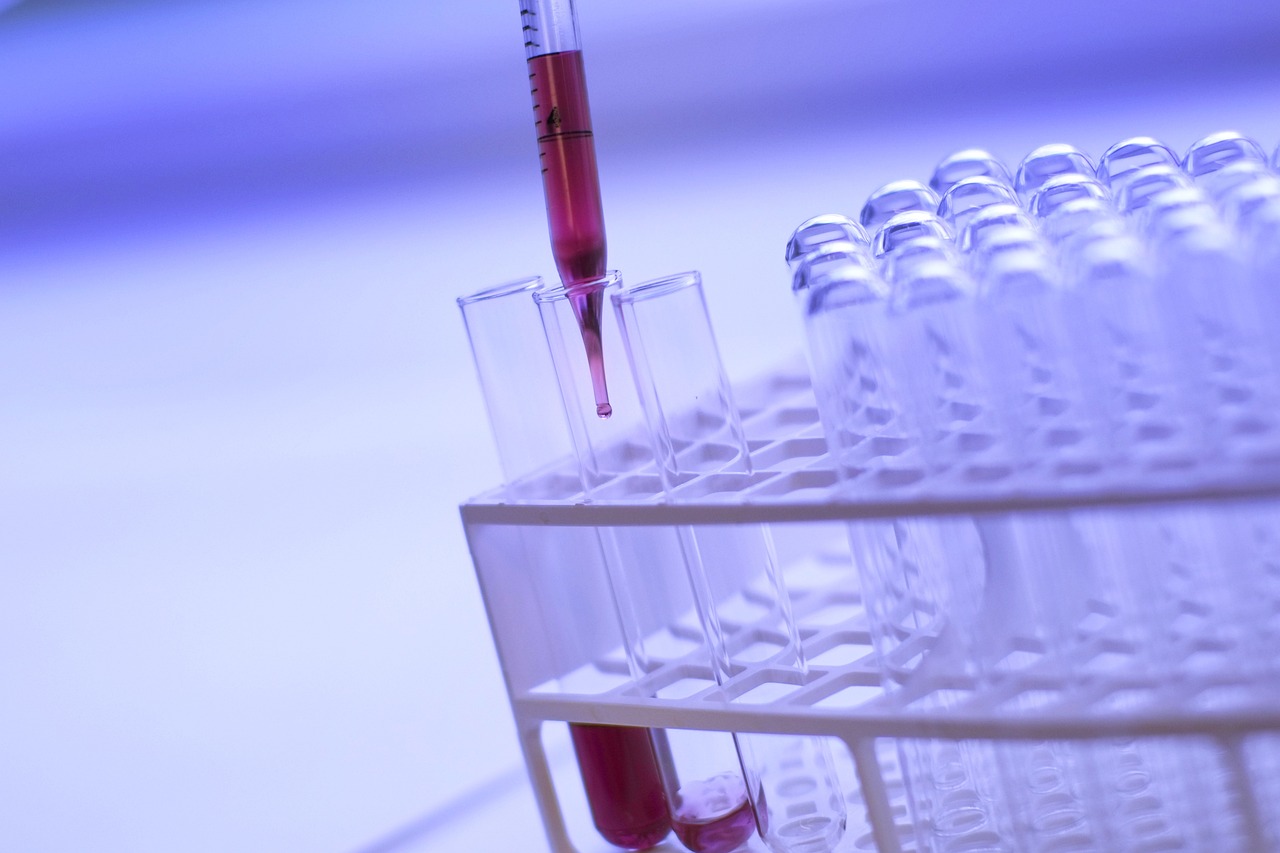Determining the right time to take a pregnancy test after removing an implant is crucial for accurate results. Factors such as the type of implant, individual fertility levels, and the reason for removal can influence when pregnancy hormones will be detectable, affecting the timing of the test. Some women may opt for immediate testing after implant removal to establish a baseline for future tests and ensure early detection if pregnant. However, to avoid false negatives, it’s advisable to wait for a certain period post-removal before taking a pregnancy test to allow pregnancy hormones to reach detectable levels.

Understanding Implant Removal
Before diving into the timing of pregnancy tests after implant removal, it’s crucial to grasp the intricacies of the removal process itself. When a contraceptive implant is removed, it disrupts the body’s hormonal balance, particularly affecting progesterone levels. This alteration can impact the menstrual cycle and fertility, potentially influencing the accuracy of a pregnancy test. Understanding how implant removal influences hormone levels is key to interpreting the results of a pregnancy test correctly.
When considering implant removal, various factors come into play that can affect the timing of a pregnancy test. The type of implant used, such as Nexplanon or Implanon, can influence how quickly the body adjusts after removal. Additionally, individual fertility levels play a significant role in determining how soon pregnancy hormones will be detectable post-removal. Furthermore, the reason for removing the implant, whether due to expiration, side effects, or desire to conceive, can impact the body’s readiness for a potential pregnancy.
To further comprehend the process, let’s break down the effects of implant removal:
- Disruption of hormonal balance
- Impact on menstrual cycle
- Influence on fertility levels
- Adjustment period for the body
By delving into these aspects, individuals can make informed decisions regarding when to take a pregnancy test after implant removal, ensuring accurate results and peace of mind.

Timing Considerations
When considering the timing for taking a pregnancy test after removing an implant, several factors come into play. These factors can significantly influence the accuracy of the results and the effectiveness of the test. It’s crucial to understand these timing considerations to ensure that the test is taken at the most opportune moment for reliable results.
One of the primary factors to consider is the type of implant that was removed. Different types of implants can impact hormone levels in varying ways, affecting how soon pregnancy hormones become detectable in the body. Additionally, individual fertility levels play a crucial role in determining when pregnancy hormones reach levels that can be picked up by a test.
Moreover, the reason for the removal of the implant can also influence the timing of the pregnancy test. Certain medical conditions or procedures may alter hormone levels, necessitating a longer or shorter waiting period before accurate results can be obtained.
Creating a timeline for when to take the test involves a careful balance of these factors to ensure the most reliable outcome. Waiting too long may result in missing early detection opportunities, while testing too soon could lead to false negatives. Therefore, it’s essential to consider all these timing considerations before deciding on the best time to take a pregnancy test after implant removal.

Immediate Testing After Removal
When it comes to immediate testing after removal of a contraceptive implant, there are several factors to consider to ensure accurate results. Taking a pregnancy test right after removal can serve as a baseline for future tests and allow for early detection if pregnancy has occurred. Here are some key points to keep in mind:
- Timing: Immediate testing can help establish a starting point for tracking hormone levels and potential pregnancy.
- Baseline: By testing right away, you can establish a baseline for comparison in future tests.
- Early Detection: Immediate testing enables early detection of pregnancy, providing you with timely information.
While immediate testing can be beneficial, it’s important to note that the accuracy of the results may vary. Waiting for a few days or weeks after removal may provide more reliable results as it allows time for pregnancy hormones to build up to detectable levels. Consulting with a healthcare provider can also offer valuable insights into the best timing for testing after implant removal.

Waiting Period for Accurate Results
After removing a contraceptive implant, it’s crucial to allow enough time for accurate pregnancy test results. The waiting period for accurate results plays a significant role in ensuring the reliability of the test. Here are some key points to consider during this waiting period:
- Patience is Key: While the excitement or anxiety of potential pregnancy may be overwhelming, patience is essential during this waiting period. Rushing into a test too soon can lead to false results.
- Understanding Hormone Levels: Hormone levels need time to adjust after the removal of the implant. Waiting allows these levels to stabilize, making it easier to detect pregnancy hormones accurately.
- Recommended Waiting Time: Healthcare providers generally advise waiting at least a few days to a week after implant removal before taking a pregnancy test. This waiting period ensures that the body has adequate time to reflect any changes.
- Tracking Symptoms: During the waiting period, it’s helpful to track any potential pregnancy symptoms you may experience. However, it’s important to note that these symptoms can also be related to hormonal changes post-removal.
- Consulting a Professional: If unsure about the appropriate waiting time or experiencing conflicting information, consulting a healthcare provider is the best course of action. They can provide personalized guidance based on your specific situation.

Consulting a Healthcare Provider
When it comes to determining the right time to take a pregnancy test after removing an implant, consulting a healthcare provider can be extremely beneficial. Healthcare providers are equipped with the knowledge and expertise to offer personalized advice based on individual circumstances. They can take into account factors such as the type of implant that was removed, your fertility levels, and the reason for removal to provide guidance on when it is most appropriate to consider testing for pregnancy.
One of the key advantages of consulting a healthcare provider is the ability to receive tailored recommendations that take into consideration your unique situation. They can help you understand the potential impact of the implant removal on your hormone levels and advise you on the optimal timing for taking a pregnancy test. This personalized approach can help alleviate any uncertainties or anxieties you may have regarding the testing process.
Moreover, healthcare providers can offer valuable insights on interpreting the results of the pregnancy test accurately. They can explain the significance of different outcomes and provide guidance on the next steps to take based on the test results. By consulting a healthcare provider, you can ensure that you are well-informed and supported throughout the process of testing for pregnancy after implant removal.